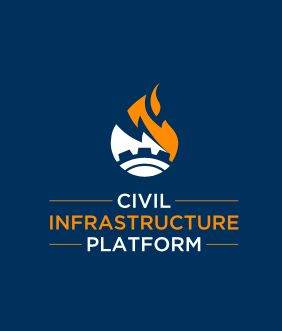We are pleased to announce that the Civil Infrastructure Platform (CIP) will once again hold the CIP Mini Summit (Open TSC Meeting) alongside Open Source Summit Europe 2025.
Event Details
- Date: Thursday, August 28, 2025, 13:30–17:00 (Local Time)
- Venue: RAI Amsterdam, Amsterdam, Netherlands
- Registration Fee: $10 (select as an add-on when registering for Open Source Summit Europe)
- Registration Page: CIP Mini Summit Registration
Join us to explore the latest achievements and future roadmap of the CIP Project. As cybersecurity resilience becomes increasingly crucial, CIP continues to play a pivotal role in supporting industrial-grade Linux for long-term stability and security, especially in the context of emerging regulations like the Cyber Resilience Act (CRA).
Agenda
1. Opening Session (13:30–13:40)
A concise overview of the CIP project’s mission and strategic goals.
2. Working Group Updates and Future Directions
- Kernel Team – CIP SLTS Kernel 6.12 Release and New Reference Board Support (13:40–14:20)
Discover the groundbreaking advancements introduced in the latest CIP Super Long-Term Support (SLTS) Kernel 6.12, including support for new reference boards. Hear directly from the Kernel Team about key enhancements in performance, stability, and extended support tailored for industrial-grade systems. - CIP Core WG – Debian 13-Based Reference Environment (14:30–15:10)
Gain insights into the release of the new Debian 13-based reference environment, which marks a significant milestone in strengthening CIP’s core components. Learn how this update enhances compatibility and long-term stability. - Security WG – Advancing IEC 62443-4-2 Compliance (15:10–15:50)
Explore CIP’s ongoing efforts and successes in aligning with the rigorous IEC 62443-4-2 security standards. Learn about the practical implications of these security enhancements and how they empower industrial systems to meet evolving cybersecurity demands. - SW Update WG – TUF (The Update Framework) Integration (16:00–16:30)
Learn about CIP’s progress in integrating TUF (The Update Framework) to enhance software update security and reliability. Discover how this approach ensures robust protection against software supply chain attacks. - CIP Testing WG – Ensuring Quality and Reliability (16:30–17:00)
Understand the latest advancements in CIP’s comprehensive testing framework designed to ensure the highest standards of software quality and reliability. See how rigorous testing practices contribute directly to the dependability of CIP-supported infrastructure.
Cocktail Time
After the summit, we will host a Cocktail Time, providing an excellent opportunity to network with fellow attendees, exchange ideas, and discuss the future of CIP. Don’t miss this chance to connect!
How to Register
To attend the CIP Mini Summit, you must first register for Open Source Summit Europe 2025. Ensure you select “Civil Infrastructure Platform Mini Summit” during registration.
Visit the registration page for more details and to secure your spot.
The CIP Mini Summit is a unique opportunity for developers, engineers, and project stakeholders interested in industrial-grade Linux, long-term support strategies, and cybersecurity. We look forward to your participation!For reference, last year’s announcement is available here.




